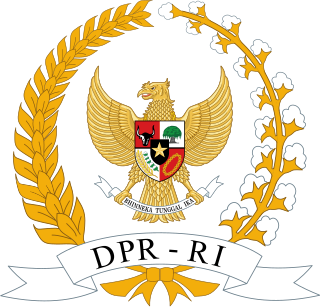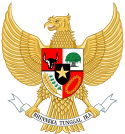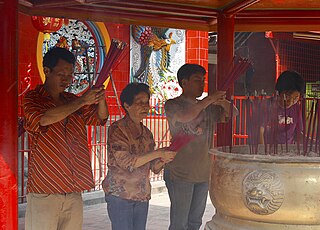
The South African Republic, often referred to as the Transvaal or as the Transvaal Republic, was an independent and internationally recognised country in Southern Africa from 1852 to 1902. The country defeated the British in what is often referred to as the First Boer War and remained independent until the end of the Second Boer War on 31 May 1902, when it was forced to surrender to the British. After the war the territory of the ZAR became the Transvaal Colony.

The Orange Free State was an independent Boer sovereign republic in southern Africa during the second half of the 19th century, which later became a British colony and a province of the Union of South Africa. It is the historical precursor to the present-day Free State province. Extending between the Orange and Vaal rivers, its borders were determined by the United Kingdom of Great Britain and Ireland in 1848 when the region was proclaimed as the Orange River Sovereignty, with a seat of a British Resident in Bloemfontein.

The Boer Republics were independent, self-governed republics in the last half of the nineteenth century, created by the Dutch-speaking inhabitants of the Cape Colony and their descendants, variously named Trekboers, Boers and Voortrekkers in mainly the middle, northern and north eastern and eastern parts of what is now the country of South Africa. Two of the Boer Republics achieved international recognition and complete independence: the South African Republic and the Orange Free State. The republics did not provide separation of church and state, and initially only the Dutch Reformed Church, then also other churches in the Calvinist Protestant tradition, were allowed. The republics came to an end after the Second Boer War which resulted in the British annexation and later incorporation into the Union of South Africa.

The People's Representative Council, alternatively translatable as the House of Representatives or as the House of People's Representatives, is one of two elected national legislative assemblies in Indonesia.
Budi Utomo, meaning "Prime Philosophy", was the first native political society in the Dutch East Indies. The political society is considered instrumental on the beginning of the Indonesian National Awakening.
Willem Cornelis Janse van Rensburg was the second president of the Executive Council of the South African Republic of the South African Republic, from 1863 to 1864.

The Colony of Natal was a British colony in south-eastern Africa. It was proclaimed a British colony on 4 May 1843 after the British government had annexed the Boer Republic of Natalia, and on 31 May 1910 combined with three other colonies to form the Union of South Africa, as one of its provinces. It is now the KwaZulu-Natal province of South Africa.
Sir John George Fraser was a prominent Orange Free State lawyer, politician, statesman and member of the Volksraad. He was knighted in 1905.
Jacobus Groenendaal was a South African statesman of Dutch origin, member of the Volksraad of the Orange Free State and the republic's first Treasurer General and Government Secretary in office from 1854 to 1855 and 1856 respectively.
Johan Arnold Smellekamp was a Dutchman who pioneered trade with the Boer Voortrekker states in South Africa and later became a civil servant, politician and law agent in the Orange Free State.

The Transvaal Civil War was a series of skirmishes during the early 1860s in the South African Republic, or Transvaal—in the area now comprising Gauteng, Limpopo, Mpumalanga, and North West provinces of South Africa. It began after the British government had recognized trekkers living in the Transvaal as independent in 1854. The Boers divided into numerous political factions. It only ended in 1864 when an armistice treaty was signed under a Karee tree south of the site of the later town of Brits.

Elections to the Volksraad were held in the Dutch East Indies on 16 October 1917. The result was a victory for the Dutch Indies Freethinkers Association, who defeated the Protestant Christian Ethical Party and the Catholic Indian Catholic Party.

Elections to the Volksraad were held in the Dutch East Indies in 1921. The result was a victory for the Political Economic Union.

Elections to the Volksraad were held in the Dutch East Indies in 1924.

Elections to the Volksraad were held in the Dutch East Indies in 1927.

The Governor-General of the Dutch East Indies represented Dutch rule in the Dutch East Indies between 1610 and Dutch recognition of the independence of Indonesia in 1949.
Mohammad Husni Thamrin was an Indonesian political thinker and National Hero.
Barthold Theodoor Willem van Hasselt was a Dutch business executive in the Dutch East Indies and the chief executive of Royal Dutch Shell from 1949 to 1951.

Elections to the Volksraad were held in the Dutch East Indies in 1935.











